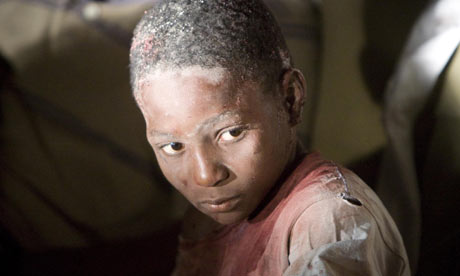
When the survival of a people is in jeopardy, some debates are inappropriate. To add polemics to tragedy is obscene.
Why question the United States’ role in supplying aid to Haiti? Barack Obama declared that this is a time that “calls for American leadership.” The U.S. sent 10,000 GIs and $100 billion to the wounded island. They took control of the Port-au-Prince airport, temporarily turning back foreign, and especially French, airplanes. All this is not to everyone’s liking.
But we should be delighted at the American response. Its swiftness contrasts with the incompetence that ruled in 2005, after Hurricane Katrina hit New Orleans. It is actually rather reassuring to see the world’s number one power take things in hand in a country on the edge of chaos. Especially since Port-au-Prince is only one hour away from Miami by plane. Even in the face of possible blunders.
Of course, every commitment has hidden intentions. Barack Obama, whose poll numbers are falling and who has been criticized for his foreign policy, is seizing the opportunity to restore his image. This event allows him to take on the role of promoter of American unity, enlisting the help of his two predecessors, Bill Clinton and the Republican Bush. By promising to stand by the Haitian people “today, tomorrow and in the future,” Obama is also trying to reduce their temptation to flee to the U.S.
The other debate targets Washington and Paris, who could find in this tragedy a way to repay their debt to history. For some self-important thinkers, Haiti is a double victim. Exposed to geological shakeups, the island has also been the plaything of France and the U.S. Slavery, colonialism, exploitation of natural resources, compromises with the powers that be – Haiti has undergone outrages that have made a sacrifice of its people. It’s the usual politically correct line about the West’s responsibility for the misfortunes of the suffering peoples of the Third World.
Both these discussions are out of place when death is on the prowl, when there’s such a spontaneous surge of worldwide solidarity. If we do reflect on the disaster, we should reflect less on the past than on the future, on a lasting rebuilding of Haiti. Then today’s most interventionist countries will have to honor their commitments. Not always easy!

Leave a Reply
You must be logged in to post a comment.